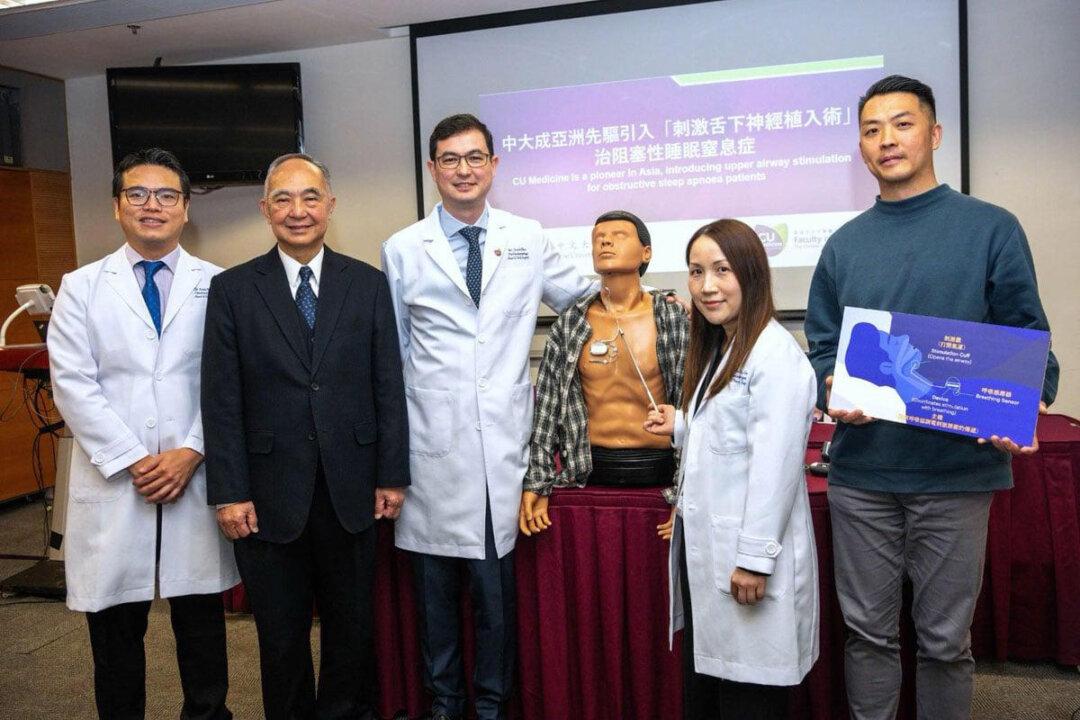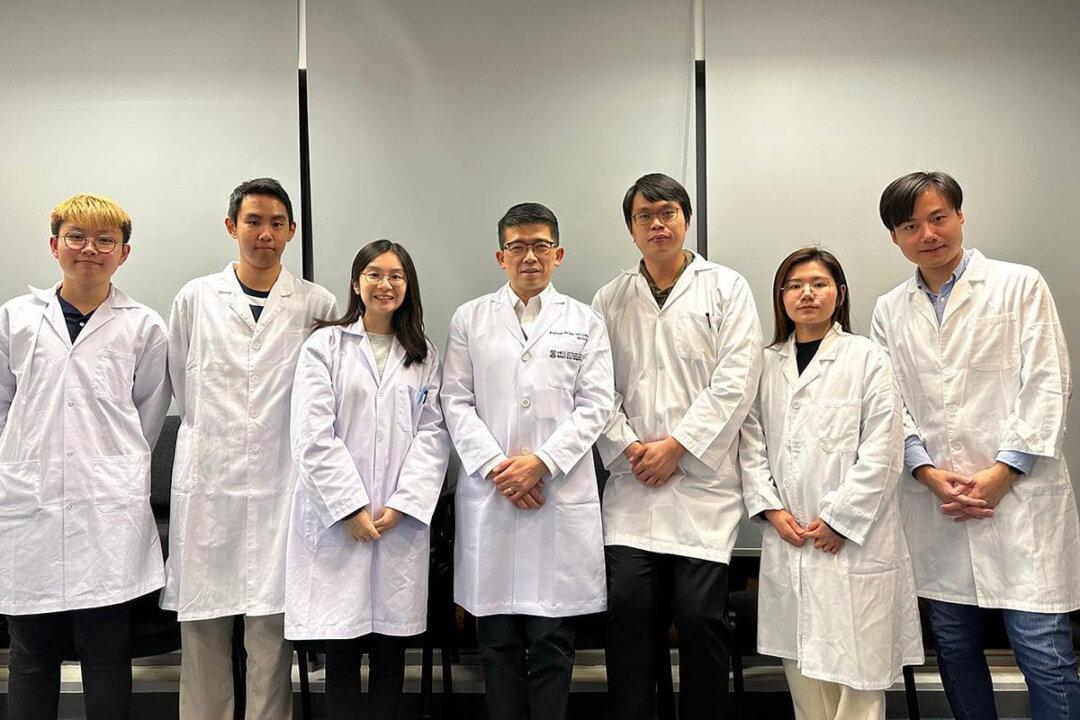On Dec. 11, Dr. Lau Yu-lung, Chair Professor of the Department of Pediatric and Adolescent Sciences at the School of Clinical Medicine at the University of Hong Kong, warned in an interview with RTHK, a Hong Kong radio program, that the number of Mycoplasma pneumonia cases in Hong Kong has increased sharply. He also mentioned that a mainland Chinese professor told him that 84.6 percent of mainland patients found the current Mycoplasma pneumonia drugs ineffective.
Recently, the incidence of respiratory diseases among children in mainland China has been persistently high. In a lot of places, it is difficult to get a pediatrician to treat their children in hospitals. Parents queue up in the early morning to register for consultation and need to wait for several to ten hours or more. “Queuing for hours to see a doctor for five minutes” has become a trending topic. Such purgatory experiences of parents with sick children have garnered widespread empathy.




